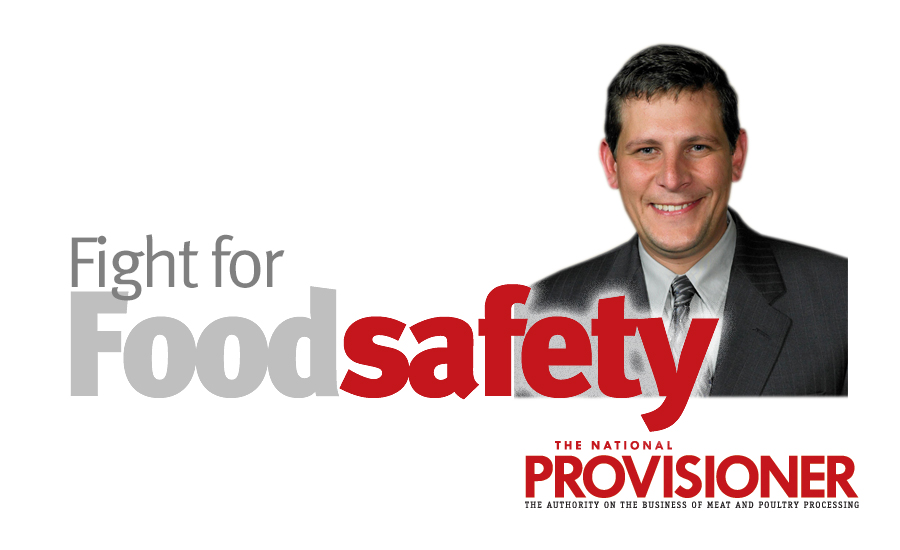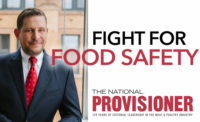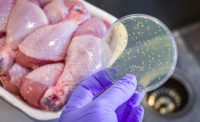Over the past few years, the numbers of food product recalls increased dramatically. In 2017, there were 440 recalls of U.S. Department of Agriculture (USDA) and U.S. Food and Drug Administration (FDA_ regulated products. Of these, 133 involved USDA-regulated products. By carefully studying the types and causes of these recalls, we can identify food-safety failures and develop strategies to avoid repeating past mistakes.
While the total pounds of USDA-regulated products recalled in 2017 was less than the totals in 2016, there were 10 more recalls in 2017 than in 2016. In 2016, a total of 58,140,787 pounds of USDA-inspected products were recalled. In 2017, that number dropped to 20,910,547. Thus, while the number of recalls increased from 122 to 133, this represents a substantial overall improvement.
While industry continues to do well controlling pathogens in food products, it continues to struggle with undeclared allergens and misbranding. In 2016, for instance, 47,709,328 pounds of product was recalled for the presence of harmful pathogens. In 2017, that number dropped to only 700,376 pounds. The industry should be commended for controlling pathogens as well as it did last year.
With respect to undeclared allergens, however, the trends were reversed. In 2016, 1,506,131 pounds of product were recalled for the presence of undeclared allergens or misbranding. In 2017, 9,793,594 pounds of product were recalled for these issues.
Although many companies struggle with allergen control, there are some solutions that have proven helpful. The pharmaceutical industry, for instance, struggled with similar issues in the past, and has since developed systems to effectively manage these challenges. In 2018, consider creating partnerships with companies who have confronted and developed solutions for these issues.
Undeclared ingredients in products weren’t the only issues that caused problems for food companies. Many products were recalled because the labels were just plain wrong. A raw pork product, for instance, was labeled as ready to eat when it had not been cooked. In another example, cans of “chicken soup” contained “Italian Wedding Soup with Meatballs.” Another company sold packages of “Pot Roast” that were actually “Meat Loaf.” Here too, each of these recalls of perfectly safe food could have been avoided if company employees were simply more diligent.
As we begin a new year in 2018, let’s look for new strategies to drive the number of recalls down. With some additional diligence and, perhaps, a little luck, hopefully we will be able to eat more and recall less of the wonderful foods you make. NP





Report Abusive Comment